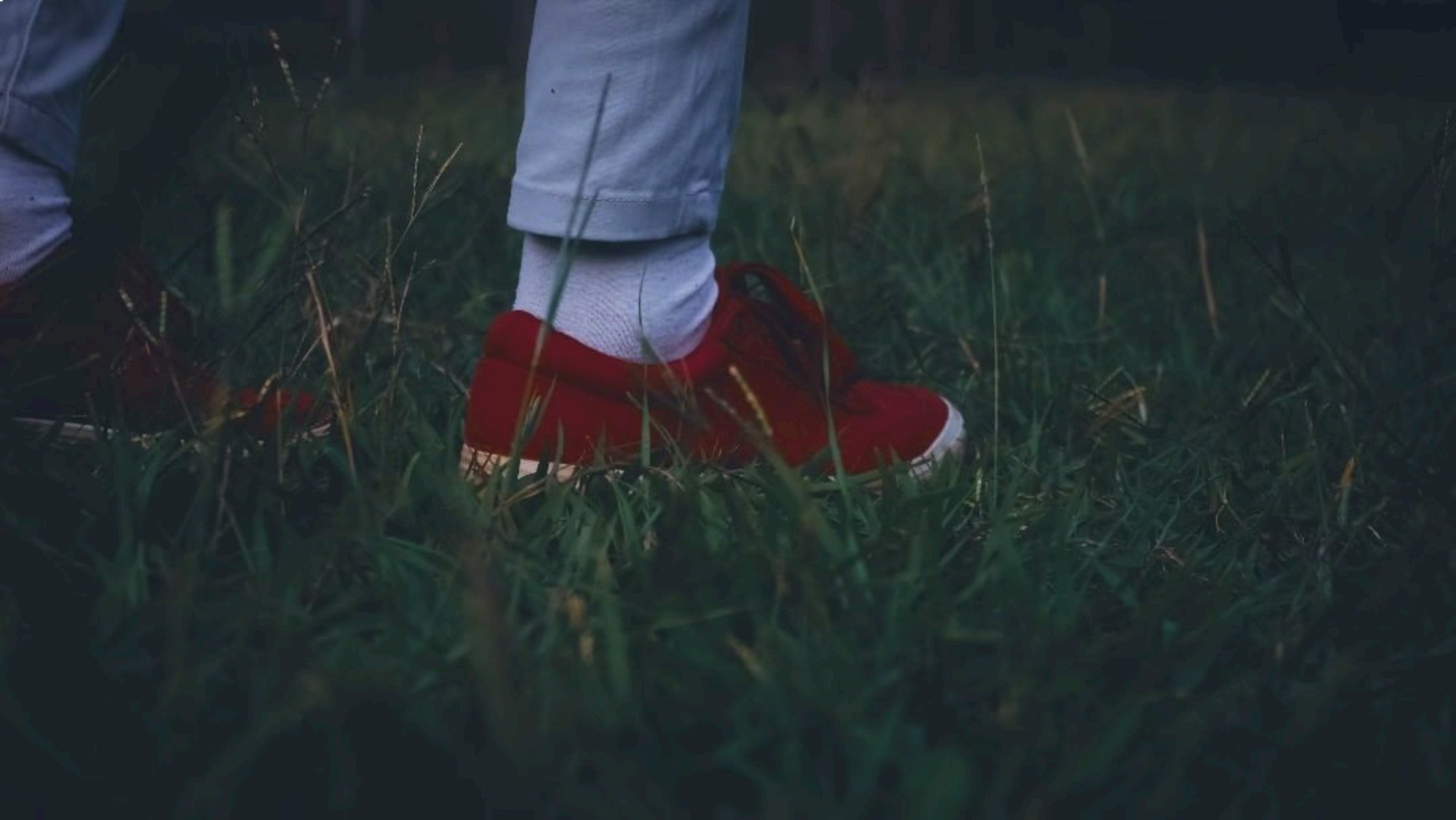Discover Mbabane: Culture & Traditions Guide

Discover Mbabane: Culture & Traditions Guide
Welcome to Mbabane, the capital city of Eswatini (formerly known as Swaziland)! Nestled in the picturesque Ezulwini Valley, Mbabane is a vibrant destination that offers a rich cultural experience. Immerse yourself in a world of traditions, arts, and customs as you explore this remarkable city.
Cultural Festivals
Mbabane is renowned for its colorful festivals that celebrate the country's rich cultural heritage. The most prominent event is the annual Reed Dance, or Umhlanga, which takes place in August. During this festival, young Swazi maidens gather to present reeds to the Queen Mother, showcasing their chastity and loyalty. The festival also features traditional music, dancing, and vibrant traditional attire.
Another must-see festival is the Incwala ceremony, held in December or January. It is a significant event for the Swazi people, embodying a time of renewal and unity. The ceremony includes traditional rituals, dances, and the tasting of the sacred jerky.
Traditional Arts and Crafts
Exploring Mbabane's vibrant markets and craft centers is a fantastic way to experience the local arts and crafts scene. The Mantenga Cultural Village is a popular destination, offering visitors a chance to witness artisans creating intricate textiles, baskets, and woodcarvings. You can even try your hand at traditional pottery or basket weaving.
Don't miss the opportunity to purchase unique Eswatini souvenirs, such as beautifully crafted wooden masks, intricate beadwork, or vibrant woven mats. These items make perfect gifts and serve as reminders of your unforgettable journey.
Gastronomy
Eswatini's cuisine is a delicious blend of local flavors and influences from neighboring countries. Traditional dishes often feature staple foods like maize, sorghum, and vegetables. One must-try dish is the famous traditional stew called umngqusho, made from ground maize and beans.
For a more adventurous palate, sample succulent grilled meats such as beef, goat, or chicken. These are often accompanied by side dishes like sidvudvu (a combination of pumpkin leaves and ground peanuts) or emasi (sour milk).
Traditional Music and Dance
A visit to Mbabane wouldn't be complete without experiencing the lively traditional music and dance performances. The traditional music of Eswatini is characterized by the rhythmic beats of indigenous instruments like the sibhaca drums, shakers, and flutes.
Witness dancers gracefully moving to the rhythm, showcasing a blend of energy and precision. The lively dance style, known as sibhaca, is a traditional warrior dance often performed during celebrations and ceremonies. Join in the festivities and let the infectious rhythm carry you away.
Religious Practices
Religion plays a significant role in the lives of the Swazi people, and various religious traditions coexist in Mbabane. Christianity is the dominant religion, with many churches and Christian gatherings throughout the city.
The Swazi people also maintain their ancestral beliefs, rooted in the veneration of spirits and ancestors. Traditional healers, or sangomas, are highly respected and sought after for their spiritual guidance and healing abilities. It is a fascinating aspect of Swazi culture to explore and learn about during your stay.
